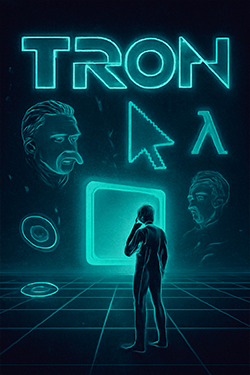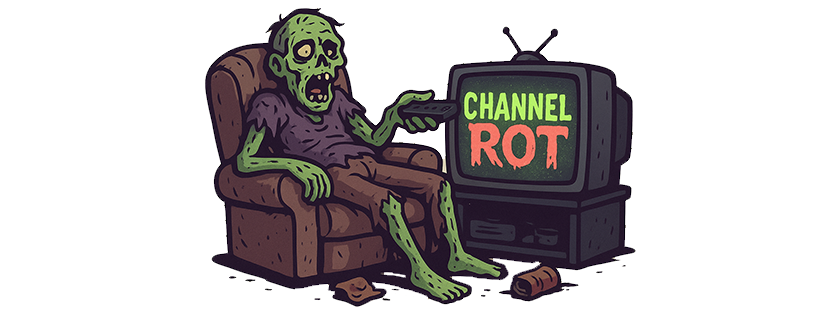
TRON: A Cybernetic Odyssey of Existentialism and the Quest for Purpose
In TRON, we are thrust into a world where the boundary between man and machine becomes as blurred as a badly rendered 8-bit landscape. This film, a visual feast for the eyes of the early 80s, boldly asks the question: “What is the nature of reality?” And by “nature of reality,” we mean, “What happens when a programmer accidentally gets sucked into a computer?”
As we watch Kevin Flynn (Jeff Bridges) battle the all-knowing Master Control Program (a soulless, blinking cursor of a villain), we’re left wondering: is this a digital dystopia, or just a really convoluted metaphor for modern life? Perhaps, as Nietzsche once might have mused, the true struggle of existence lies not in overcoming pain or suffering, but in escaping the monotonous cycles of ctrl+alt+del. Flynn’s journey represents the modern man’s need for self-actualization – not through transcendence, but through 3D-rendered frisbees. For truly, in the world of TRON, to be “programmed” is the highest form of existential prison.
And yet, even as Flynn frees the digital world, one can’t help but ponder: is TRON simply an allegory for humanity’s obsession with control? The MCPO, after all, is but a tyrant – manipulating his digital subjects with impunity. But, alas, no one escapes the cycle: even Flynn, after gaining his freedom, is destined to return to the grid in a never-ending loop of corporate mediocrity.
